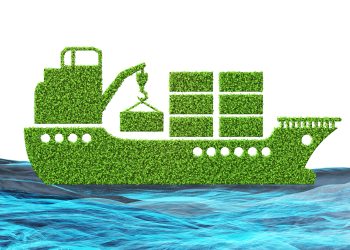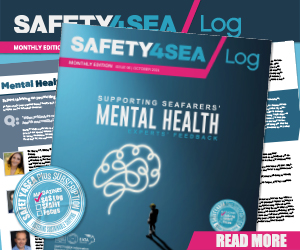Port of Rotterdam’s “Slufter”, which is the deport for contaminated dredged material from the port can now accept dredged silt contaminated with PFΑS, which is produced during dredging works and can not be sent back to the ocean.
Specifically, during dredging operations, contaminated silt is also dredged, a material that can not be distributed to the sea as it would cause major harm in the environment.
Consequently, the two partners, Port of Rotterdam Authority and Rijkswaterstaat, opened the Slufter on Maasvlakte in 1987.
Overall, the Slufter is the safest location to save extremely contaminated dredged material, due to the fact that the surface of the water is being monitored all the time and if it is necessary, controlled measures can be taken to minimise the PFAS concentrations in the depots and in effluent (purified wastewater).
The PFAS is a group including more than six thousand synthetic chemical substances that occur in non-stick coatings, paint, fire extinguisher foam, clothing and many other products. These substances are sometimes toxic, have very low degradability and are now appearing in the environment on a large scale.

































































